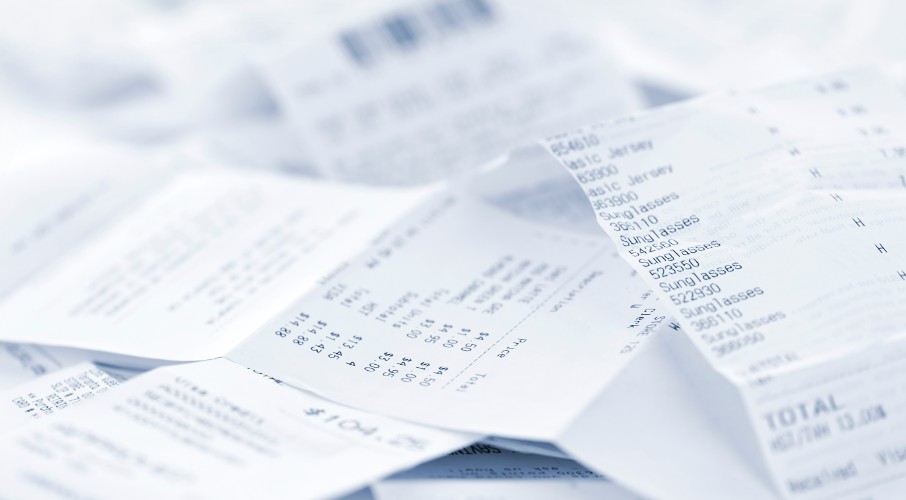Receipt definition - What is a receipt?
A sales receipt acts as a transaction record. The seller issues a receipt when a sale is made to verify the amount paid by the buyer for the provided product or service.
Businesses often use receipts for stock management and tax calculations (such as payroll or corporate income taxes). Customers may use them for accounting purposes or reimbursements.
Just as consumers receive receipts from service providers or suppliers, businesses value receipts in business-to-business dealings and Australian FTSE 100 (ASX) transactions.
For example, a business which holds a futures contract might receive a delivery instrument that acts as a receipt for that contract. When the futures contract expires, this delivery instrument acts as a receipt that the business can exchange for the underlying asset.














